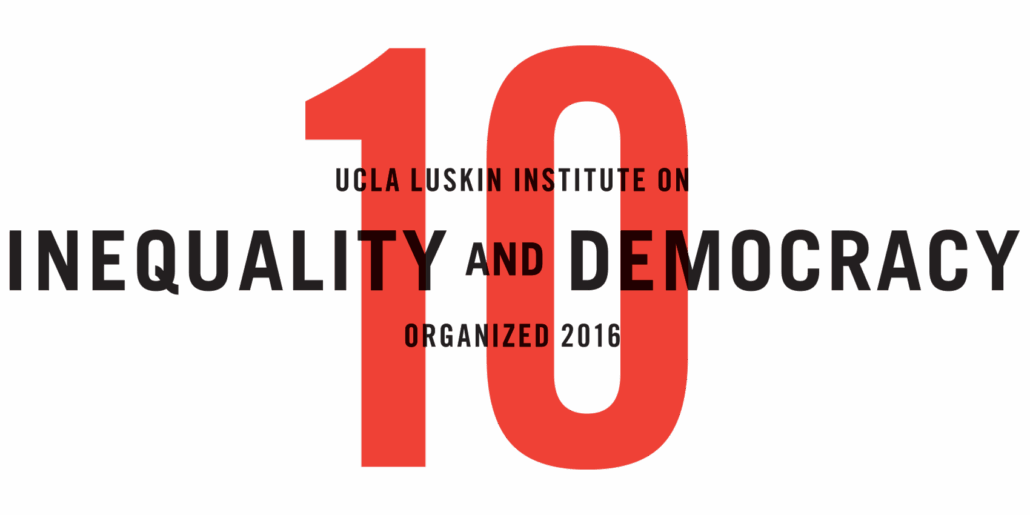Household Debt in Swing States
Matt Phillips (Urban Planning) in partnership with Debt Collective
As the late David Graeber correctly asserted, debt is a relationship of violence. This research project with the Debt Collective focuses on the myriad forms that violence takes, with an eye towards coalitional organizing for debt abolition. The Debt Collective is a debtors’ union seeking to transform individual indebtedness into a source of collective leverage. This project took three approaches to support that goal. The first is a library of reports, journal articles, and data sources on household debt in the United States. This helps the Debt Collective develop messaging to support ongoing organizing. The second is a series of short memos in response to immediate organizing needs. Topics included an analysis of the ambulance industry and its billing practices and a synthesis of reports on household debt in the US South. The final project focuses on carceral debt. Carceral debt is any debt that individuals incur through interactions with the criminal justice system. Using public and private data sources, interviews, and reports from other institutions, this project revealed how carceral debt is largely obscured from public accounting. Though the average incarcerated individual leaves prison $13,500 in debt, how that debt is accumulated, who holds it, and how much of it makes its way into local government and prison budgets is difficult to trace. The Debt Collective will use this research to build an analysis of carceral debt and its connections to other forms of indebtedness, creating coalitions between debtors’ unions and anti-carceral movements.


